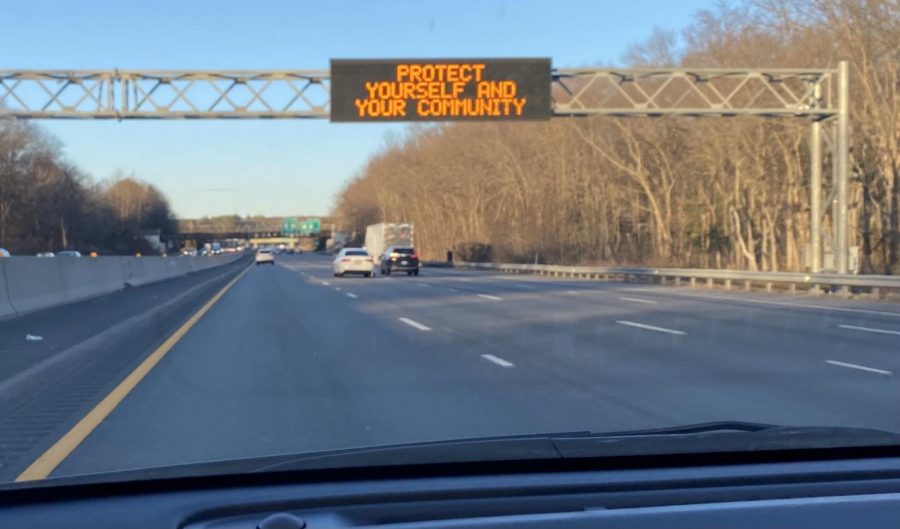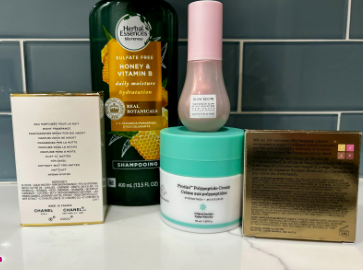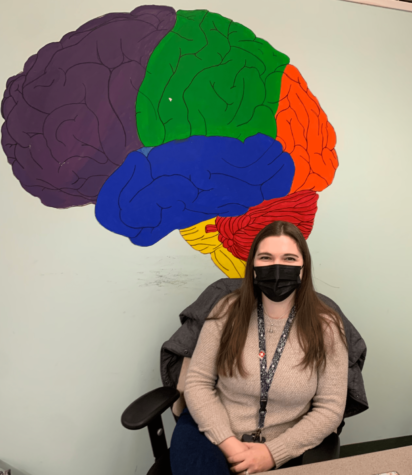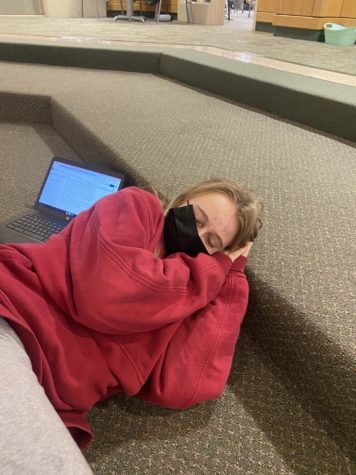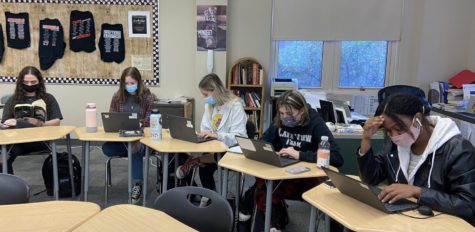Everything YOU need to know about the COVID-19 vaccine
Reminders to wear your mask and stay socially distant until you are vaccinated are everywhere, including the highway.
March 18, 2021
Just under eleven percent of The United States population has been fully vaccinated so far and more continue to get vaccinated everyday. Around 2.1 million shots are being administered in the U.S. everyday. In fact, President Biden says that there will be a large enough vaccine supply to vaccine every adult in the U.S. by May 2021. The vaccine is currently free in the United States and not mandatory.
The COVID-19 Vaccine is now available for teachers. Prior to this, only people in Phase 1 groups or Phase 2 groups were able to get the vaccine. Which include people who are 75 years or older, 65 years or older with 2 certain medical conditions, health care workers, first responders, and others. Some eligible health conditions are cancer, chronic kidney disease, COPD, Down syndrome, heart conditions, immunocompromised state, obesity, pregnancy, sickle cell disease, smoking, Type 2 diabetes, and asthma.
Heather Waters is a healthcare worker in Ipswich, MA, and has received both of her doses. She says she didn’t experience any symptoms after them. “It was pretty difficult to schedule and reschedule my appointment, but other than that the process was easy and the pharmacists were really informative and nice” she stated. Waters says she is glad that she was able to get the vaccine. She believes that it is the best option to combat COVID-19 right now and it will get better as time goes on.
Some side effects after receiving the vaccine include fevers, chills, tiredness, or headaches. Side effects are normal signs of your body building protection and should be gone in a couple of days.
Vaccines for people in Phase 3 will be released around April 2021. This includes retail and foodservice employees, food pantry workers and volunteers, transit/transportation workers, court system workers, and many more.
There are currently three vaccines that are authorized and recommended by the CDC to prevent COVID-19, which include Pfizer-BioNTech, Moderna, and Johnson & Johnson / Janssen. The Pfizer-BioNTech mRNA vaccine is 2 shots with 21 days in between them. The Moderna mRNA vaccine is also 2 shots but with 28 days apart. The Johnson & Johnson’s Janssen viral vector vaccine only consists of 1 shot.
According to the Centers for Disease Control and Prevention, once you are fully vaccinated, you can gather indoors with other vaccinated people without wearing a mask. You can also gather indoors with unvaccinated, low-risk people from one other household without masks. However, you should still be wearing a mask, staying 6 feet apart from others while in public or a gathering with unvaccinated people from more than one household.
Senior at Ipswich High school, Sam Orroth, says “I want to take it as soon as I can and I’m hoping I’m allowed to get vaccinated before college. I think the vaccine is a positive and that if people feel comfortable getting vaccinated then they definitely should.”
Although many are at a low-risk of being affected and transmitting COVID-19, it is still important to continue to social distance and wear your mask, even after being vaccinated. You may not be worried about getting COVID-19, but your family, friends, and others are still at risk.

